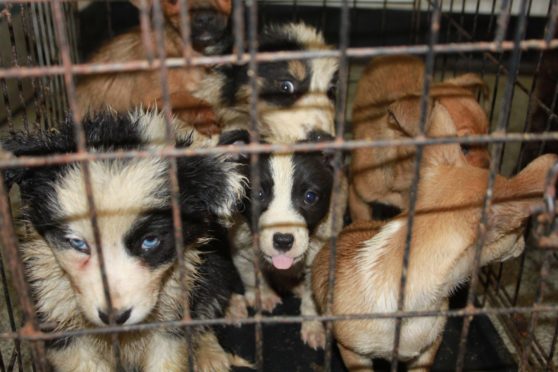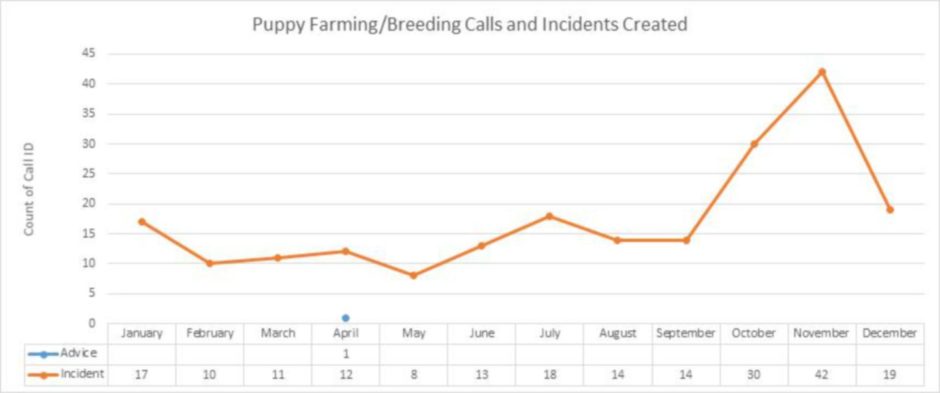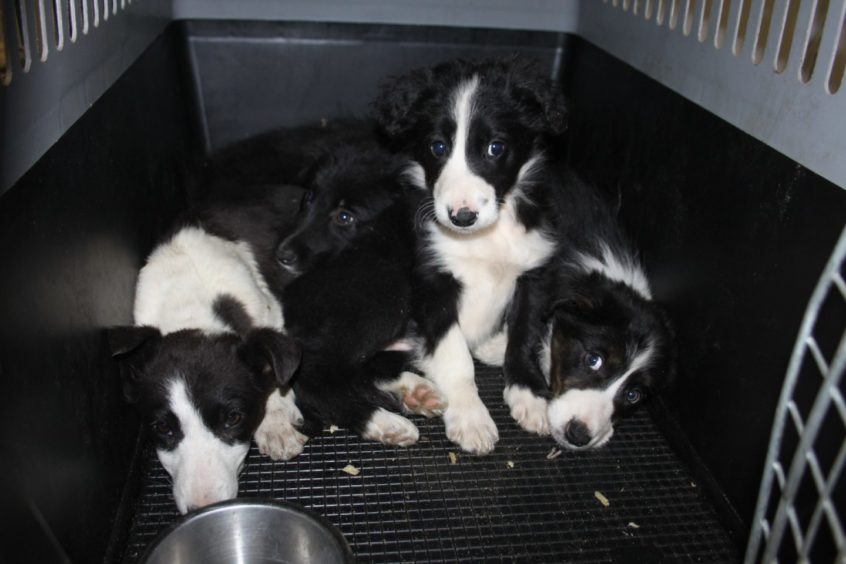A dedicated “trusted trader” scheme has been mooted for Fife to clamp down on illegal puppy breeders.
Conservative councillor Gavin Ellis said this could be applied to dog breeders in the region to regulate the sale of puppies and prevent animal neglect.
He said: “While much work is being done by the Scottish Parliament and charities such as the Scottish SPCA in trying to address the issue surrounding puppy sales including from domestic properties, it is essential that councils play their part in this.
“It is through closer working by all parties and giving residents the confidence that the seller is licensed by Fife council that we can help them make the best choice and an online check of breeders who are licensed may go some way to assisting in their choices.”
“Very poorly” pups bought from Fife breeders
According to the charity’s figures for last year, a total of 10 puppies died and 35 were described as “very poorly” after being bought from Fife breeders.
Along with his Conservative colleague Kathleen Leslie, Mr Ellis will be raising a motion at the full Fife Council meeting on Thursday. They are calling for a report to be brought before the environment and protective services committee.
The councillors want the council to look at what more can be done to address the rise in domestic puppy selling from homes in Fife, and encourage breeders to apply for licences.
Mr Ellis believes a version of the trusted trader scheme could be adapted to allow prospective pet owners to find reputable puppy breeders.
He added: “For far too long there hasn’t been enough joint up working in these scenarios. Councils are duty bound to do the breeders licenses, however, if Fife was to run this in conjunction with charities it may give the public more confidence.”
Ms Leslie added: “We are a nation that cares greatly for the welfare of our animals and this step in Fife would demonstrate, that as a local authority, we are saying yes to even higher welfare standards.
“We have all seen the terrible stories of puppies that have been bred in terrible conditions and often have a very short and painful lifespan. This change will go some way to ensuring there is an end to such practices.”



